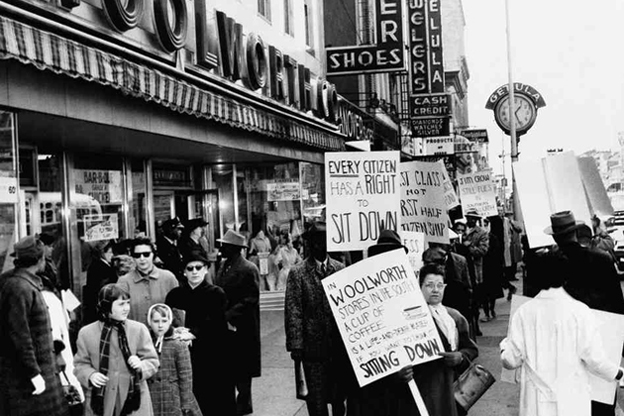

It is entirely apt, I suppose
It was a front page headline in the Strib — below the fold, in the right corner in a non-screaming font, but even so — that Donovan Frank, a federal court judge, entered a preliminary injunction prohibiting the Campaign Finance and Public Disclosure Board from enforcing the law limiting the percentage of contributions received by a candidate from certain classes of donors. From the article:
Minnesota’s 20-year-old law was designed to limit the influence of big donors, lobbyists, political parties and political action committees, restricting the total amounts candidates could accept from those four special sources. Once candidates had gotten 20 percent of campaign donations from those sources, they could accept only half as much money from future individual big donors and no money at all from political parties, PACs or lobbyists.
Frank’s decision lifts the limit on individual donors only. The limit on political fund, PAC and lobbyist giving remains intact.
The champion of dollars yearning to breathe free was the Institute for Justice. If you or I went to the IJ and asked it to take a public accommodations case, or an ADA case, or even a voting rights case, it would tell us to pound sand. Here’s the “blurb” at the top of the IJ webpage:
The Institute for Justice has made a name for itself in Minnesota taking on regulations that it thinks impinge on property rights and economic liberty – and that usually has meant taking on the government.
A case against poor, oppressed money, though, is right up the IJ alley.
Here’s the IJ’s Minnesota majordomo reacting to the decision, from the article:
“The state of Minnesota cannot dish out First Amendment rights on a first-come first-serve basis,” said Lee McGrath, executive director of the Institute for Justice Minnesota chapter.
Money talks, constitutionally, these day. Judge Donovan’s ruling was based heavily on the recent U.S. Supreme Court’s McCutcheon decision that held it was unconstitutional to limit a person from trying to buy an entire Congress, rather than just part of one.
This is the IJ’s “economic liberty.”
What is a large donor, you ask? It’s somebody who gives more than half of the maximum individual contribution to a candidate. That varies by office.
The injunction, which more than likely will become permanent, won’t mean much in legislative races, but it could mean a lot in the constitutional races, especially the contest for governor, where the maximum contribution for the ’13-’14 cycle is $4,000. It will mean that people with $4,000 to spend on the governor’s race won’t find they are too late to the window and can contribute only $2,000.
That would be a great pity, of course, easily on the level of being denied a place at the lunch counter because you were black.
Thanks for your feedback. If we like what you have to say, it may appear in a future post of reader reactions.

